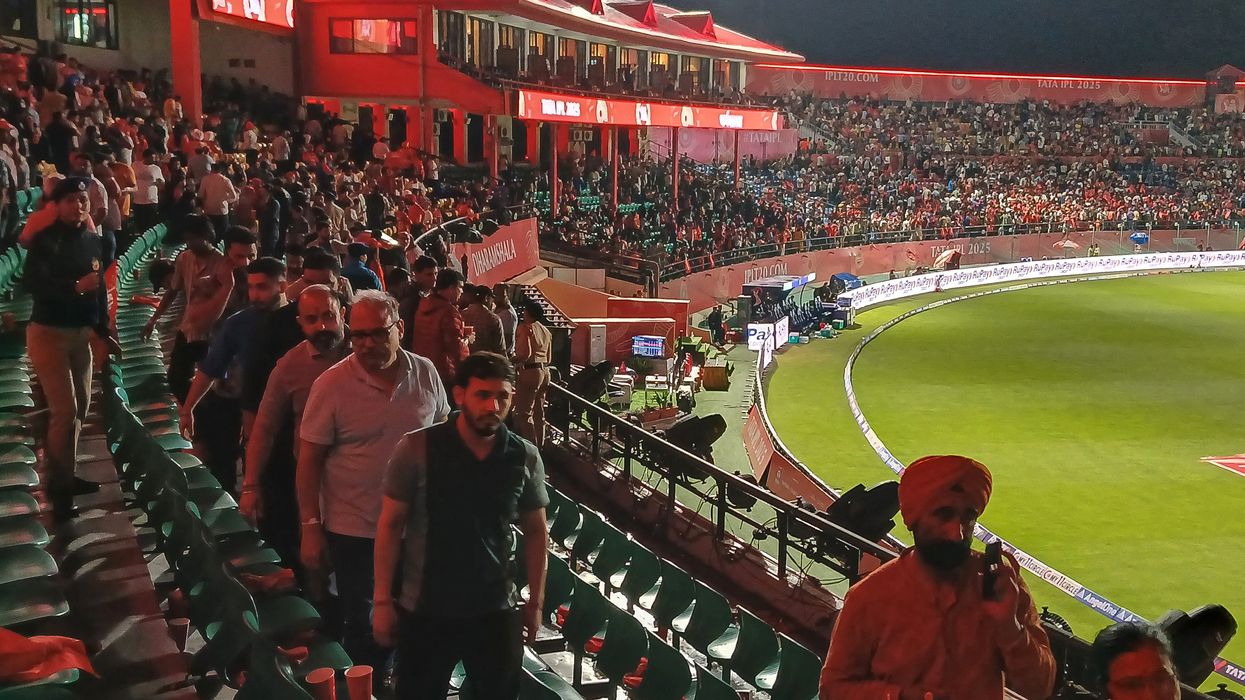THE Indian Premier League has been suspended indefinitely due to escalating border tensions between India and Pakistan, according to Indian media reports on Friday.
The decision to halt the T20 tournament came after Thursday's match in Dharamsala was abandoned. The city is located less than 200 kilometres from Jammu, where explosions were reported earlier in the day.
Chennai Super Kings posted on X: "Courage in every step. Pride in every heartbeat. Saluting our armed forces!" The post included a photo of the armed forces with the message: "Nation first. Everything else can wait."
The IPL, which started on March 22, features 10 teams and includes several international players. Lucknow Super Giants were scheduled to play Royal Challengers Bengaluru on Friday.
ALSO READ: India says it repelled Pakistan drone, artillery attacks as tensions continue
The final was set to take place on May 25 at Eden Gardens in Kolkata.
Australian players in the tournament include Pat Cummins, Mitchell Starc, Josh Hazlewood, Travis Head, and Mitch Marsh. Former captain Ricky Ponting is coaching Punjab.
Before news of the suspension, Cricket Australia said in a statement on Friday: "We continue to closely monitor the situation in Pakistan and India... and maintaining communication with our players and support staff currently in the region."
Pakistan had already moved the remaining matches of its T20 league to the United Arab Emirates due to concerns over player safety.
"Pakistan Cricket Board confirms that the remaining matches of the Pakistan Super League has been shifted to the UAE," read a PCB statement, which added that the schedule would be updated in due course.
The decision was reached after several meetings between the franchise and the PCB chairman Mohsin Naqvi, who is also the country's interior minister.
On Wednesday morning, India launched missile strikes in response to a deadly attack in Indian-administered Kashmir two weeks earlier, which it attributed to Pakistan.
Pakistan has denied any involvement.
At least 48 people have been killed on both sides of the border since Wednesday, in what is being described as the worst cross-border violence in decades.
(With inputs from AFP)





